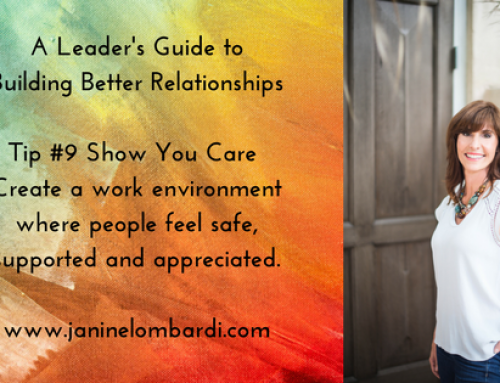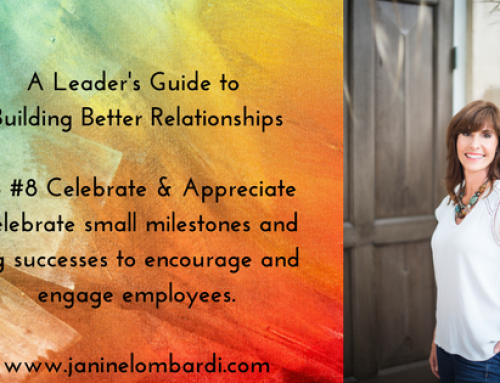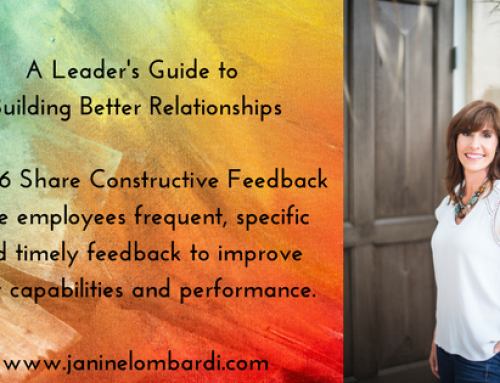Once upon a time a tortoise and a hare had an argument about who was faster. They decided to settle the argument with a race. They agreed on a route and started off the race.\n\nThe hare shot ahead and ran briskly for some time. then seeing he was far ahead of the tortoise, he thought he’d sit under a tree and relax before continuing the race. He sat under the tree and soon feel asleep. The tortoise plodding on overtook him and soon finished the race, emerging as an undisputed champ.\n\nThe hare woke up and realized he’d lost the race. Th the moral of the story is the slow and steady win the race.\n\nThis is the version of the story that we’ve all grown up with. But recently, someone told me a more interesting version of the story. It continues….\n\nThe hare was disappointed at losing the race and did some Defect Prevention (Root Cause Analysis). He realized that he’d lost the race only because he had been over-confident, careless and lax. If he had not taken things for granted, there’s no way the tortoise could have beaten him. So he challenged the tortoise to another race. The tortoise agreed.\n\nThis time, the hare went all out and ran without stopping from start to finish. He won by several miles. The moral of the story? Fast and consistent will always beat slow and steady.\n\nIf you have two people in your organization, one slow and methodical and reliable, and the other fast and still reliable at what he does, the fast and reliable person will consistently climb the corporate ladder faster than the flow, methodical person. It’s good to be slow and steady, but it’s better to be fast and reliable.\n\nBut the story doesn’t end here. The tortoise did some thinking this time, and realized that there’s no way he can beat the hare in a race the way it was currently formatted. He thought for awhile, and then challenged the hare to another race, but on a slightly different route. The hare agreed.\n\nIn keeping with his self-made commitment to be consistently fast, the hare ran at top speed until he came to a broad river. The finish line was a couple of kilometers on the other side of the river. The hare sat there wondering what to do. In the mean time, the tortoise trundled along, got into the river, swam to the opposite bank, continued walking and finished the race.\n\nThe moral of the story? First, identify your core competencies and then change the playing field to suit your strengths.\n\nBut the story still isn’t over…the hare and the tortoise by this time had become pretty good friends, and they did some thinking together. Both realized that the last race could have been run much better. So they agreed to do the race again, but to run as a team this time.\n\nThey started off, and this time the hare carried the tortoise to the river bank. There, the tortoise took over and swam with the hare on his back. On the opposite bank, the hare again carried the tortoise and they reached the finish line together. They both felt a greater sense of satisfaction then they felt earlier. \n\n\nThe moral of the story? It’s good to be individually brilliant and to have strong core competencies; but unless you’re able to work in a team and harness each other’s core competencies, you’ll always perform below par because there will be situations at which you’ll do poorly and someone else does well.\n\nTeamwork is mainly about situational leadership, letting the person with the relevant core competency for a situation take leadership.\n\nThere are more lessons to be learned from the story. Note neither the hare nor the tortoise gave up after failure. The hare decided to work harder and put in more effort after his failure. The tortoise changed his strategy because he was already working as hard as he could. In life, when faced with failure, sometimes it’s appropriate to work harder and put in more effort. Sometimes it’s appropriate to change your strategy and try something different. And sometimes it’s appropriate to do both.\n\nThe hare and the tortoise also learned another vital lesson. When we stop competing against a rival and instead start competing against a situation, we perform far better. In short, be strategic.






Leave A Comment